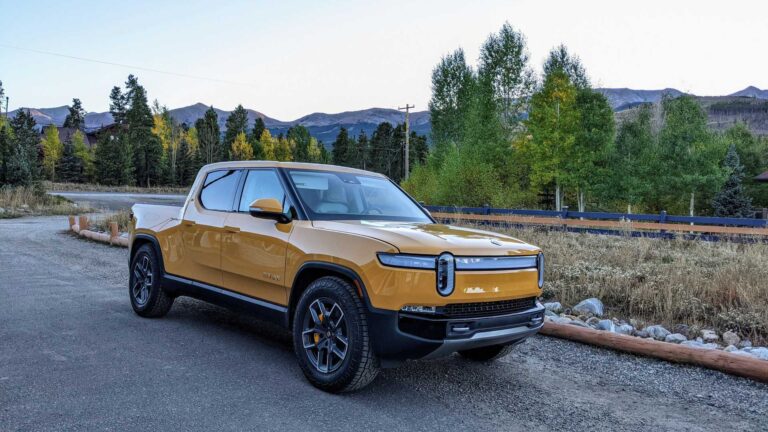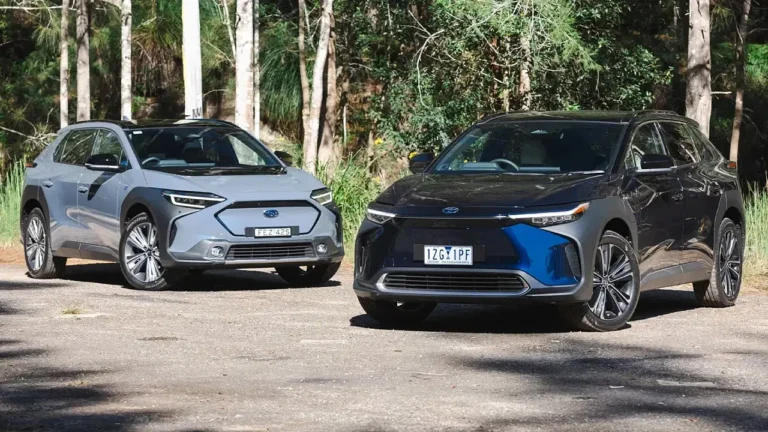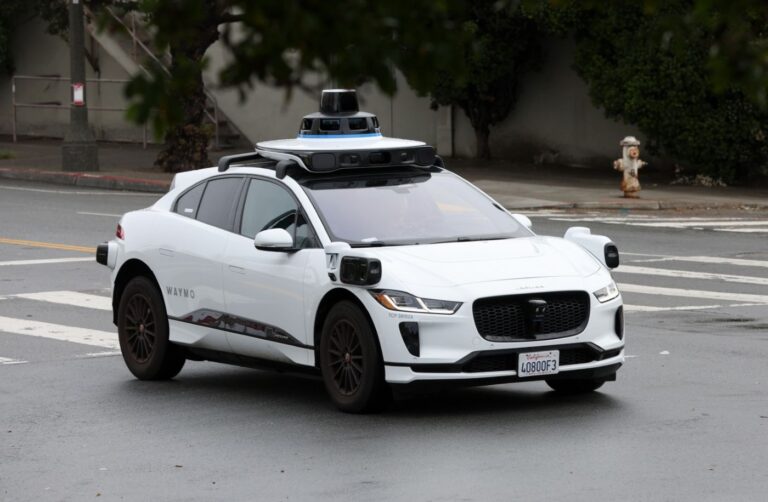Polestar, the electric vehicle manufacturer backed by China’s Geely, announced plans to seek new suppliers to comply with a U.S. government ban on Chinese software in high-tech vehicles.
The ban poses a significant challenge to Polestar’s U.S. operations. However, Chief Executive Michael Lohscheller affirmed the company’s commitment to the American market, even as Donald Trump, returning as U.S. president, vowed to revoke federal mandates promoting electric vehicles (EVs).
Last week, the U.S. Commerce Department finalized regulations prohibiting the use of Chinese software and hardware in EVs, effectively barring vehicles produced in China from entering the U.S. market.
In an interview, Lohscheller stated that Polestar is exploring new, non-Chinese suppliers for EV software and other components. He emphasized that the company has sufficient time to adapt before the ban impacts its 2027 model-year vehicles.

“We have a manufacturing facility in the U.S. We are creating American jobs,” Lohscheller noted, referencing a Volvo plant in South Carolina that manufactures Polestar EVs. “We will and have to find solutions because the U.S. is a big growth market for us.”
Polestar was spun out of the Swedish automaker Volvo, which Geely acquired in 2010. The company went public in 2022, but its Nasdaq-listed shares have since plummeted, losing over 90% of their value as Polestar burned through cash to scale its premium EV business.
Last week, Polestar announced it would take two more years to achieve positive free cash flow and revised its market expansion goals downward. Following a significant selloff in 2022, Volvo now holds an 18% stake in Polestar, while Geely and its founder Eric Li collectively own a 63% share.
In addition to the software ban, Polestar faces multiple headwinds in the U.S., including Trump’s executive order aimed at ending EV subsidies and the threat of global tariffs. Rising competition from Chinese automakers and Tesla in other markets further complicates its position.
Some analysts question whether Polestar can thrive in the U.S. under its current ownership structure. Barclays analyst Dan Levy suggested in a note that Polestar might “either need to exit the U.S. or be spun out into an independent company with no control from Geely nor usage of Geely technologies.”

Despite these concerns, Lohscheller rejected the idea of exiting the U.S. market. “I think we should hold the course on Polestar’s electric vehicle strategy,” he said. “And then we will see what customers really want.”
The former Opel CEO emphasized Polestar’s focus on software-defined vehicles, which he believes distinguishes the brand as other EV start-ups struggle with slowing sales. He also reported a 37% increase in order intake during the fourth quarter, driven by strong demand for Polestar’s 3 and 4 models.
“Who else has this [strength in software-defined vehicles] in the market today? And the answer is Tesla, Rivian, and the Chinese. That’s a big, big advantage,” he said.
Lohscheller cautioned against overreacting to Trump’s executive orders, including one aimed at halting the unspent funds from President Joe Biden’s Inflation Reduction Act. “One statement on the first day doesn’t have to solve everything,” he said. “If [Biden’s Inflation Reduction Act] were really stopped, let’s see because there was a lot of good investment going into the U.S. Let’s see how that plays out.”



